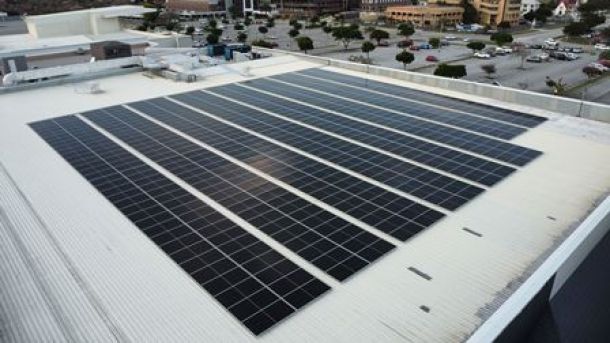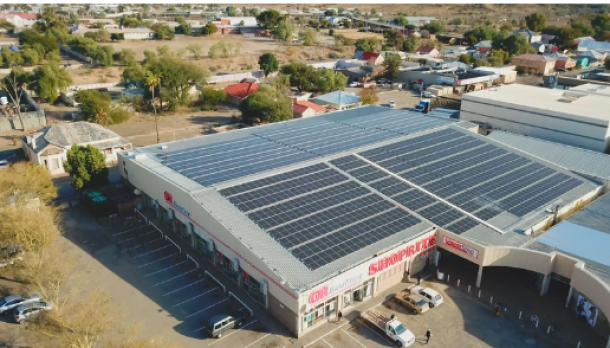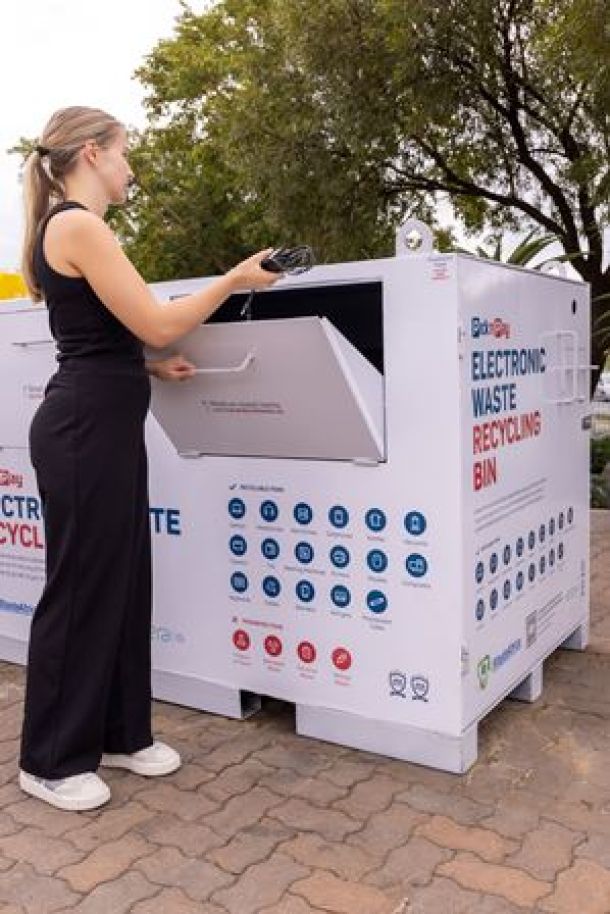PnP branded product packaging to be 100% reusable or recyclable by 2025
Pick n Pay will significantly reduce the impact of single-use plastic and packaging by 2025. Since 2018, the retailer has successfully implemented a number of initiatives to reduce packaging and single-use plastic at its stores and throughout its supply chain.
Their ambitious 2025 targets will intensify their efforts:
· 100% of Pick n Pay packaging will be reusable or recyclable
- 100% of cardboard and paper used for Pick n Pay packaging will responsibility sourced
- 30% average recycled content across all Pick n Pay packaging
- 30% reduction in average packaging weight of Pick n Pay branded products [FY2018 baseline]
- 30% increase in sales of reusable bags, [FY2019 baseline]
By 2023, all Pick n Pay-branded products will feature the new on-pack recycling label to help customers understand how best to recycle their packaging.
These targets come as Pick n Pay becomes a signatory, and a founding member, to the recently launched SA Plastic Pact – a South African initiative aimed at promoting a circular economy.
Paula Disberry, Retail Executive: Commercial at Pick n Pay, says that extensive work has been done to ensure that a significant proportion of packaging on own brand products include recycled materials. This has extended into its deli and bakery sections. On a trial basis, selected stores have replaced polystyrene takeaway boxes with foil and cardboard boxes.
“A key focus is reducing the weight of our product packaging which will have a significant impact. For example, our value-added vegetable bags have maintained a 30 micron thickness, which means that we save, on average, 12 tonnes of plastic packaging every year. We’ve also reduced the weight of our plastic herb punnets by 28%, which will result in a reduction of 20 tonnes of plastic per year.”
Pick n Pay has also began trialling innovative initiatives to remove packaging altogether from selected products. “Our “nude fruit and vegetable” produce walls are now available in 29 stores after overwhelming customer participation. These offer loose seasonal produce that was previously only available in packaging.”
The company is piloting an entire Packaging-Free Zone in their Constantia store in Cape Town. Customers can ‘pick and weigh’ over 88 products across 15 different categories from cereals and pasta to olive oil.
Disberry adds that they’ve also seen a positive shift in plastic bags. “Our reusable netted produce bags have been particularly popular with customers with more than 100,000 being sold last year. We also sold 2.3 million reusable bags - a 50% year-on-year increase when compared to 2018. Our new R4 reusable bags, made from green recycled PET bottles, have played a significant role in driving the shift from a plastic shopping bag to a reusable bag.”
To complement their efforts, she says it’s vital to be part of collaborative initiatives, such as the SA Plastic Pact and the Ellen MacArthur New Plastics Global Commitment. “These collaborations bring together retailers, brand owners, industry bodies and government, in setting long-term common targets for the whole plastics value chain to support. This will drive more positive change for our customers on a much larger scale.”
Disberry concludes, “As our business grows, so does our impact. Through People n Planet – our sustainable development programme - we are taking bigger steps and leaving smaller footprints. Our 2025 targets will allow our customers to have more choice and live greener lives.”
News Category
- International retailers
- On the move
- Awards and achievements
- Legislation
- Wine and liquor
- Africa
- Going green
- Supplier news
- Research tools
- Retailer trading results
- Supply chain
- Innovation and technology
- Economic factors
- Crime and security
- Store Openings
- Marketing and Promotions
- Social Responsibility
- Brand Press Office
Related Articles

Woolworths invests over R17,5 million in renewa...

Shoprite joins City of Cape Town renewable ener...

Pick n pay upcycles air-conditioning systems, s...

Shoprite Group opens pathways to job opportunit...


